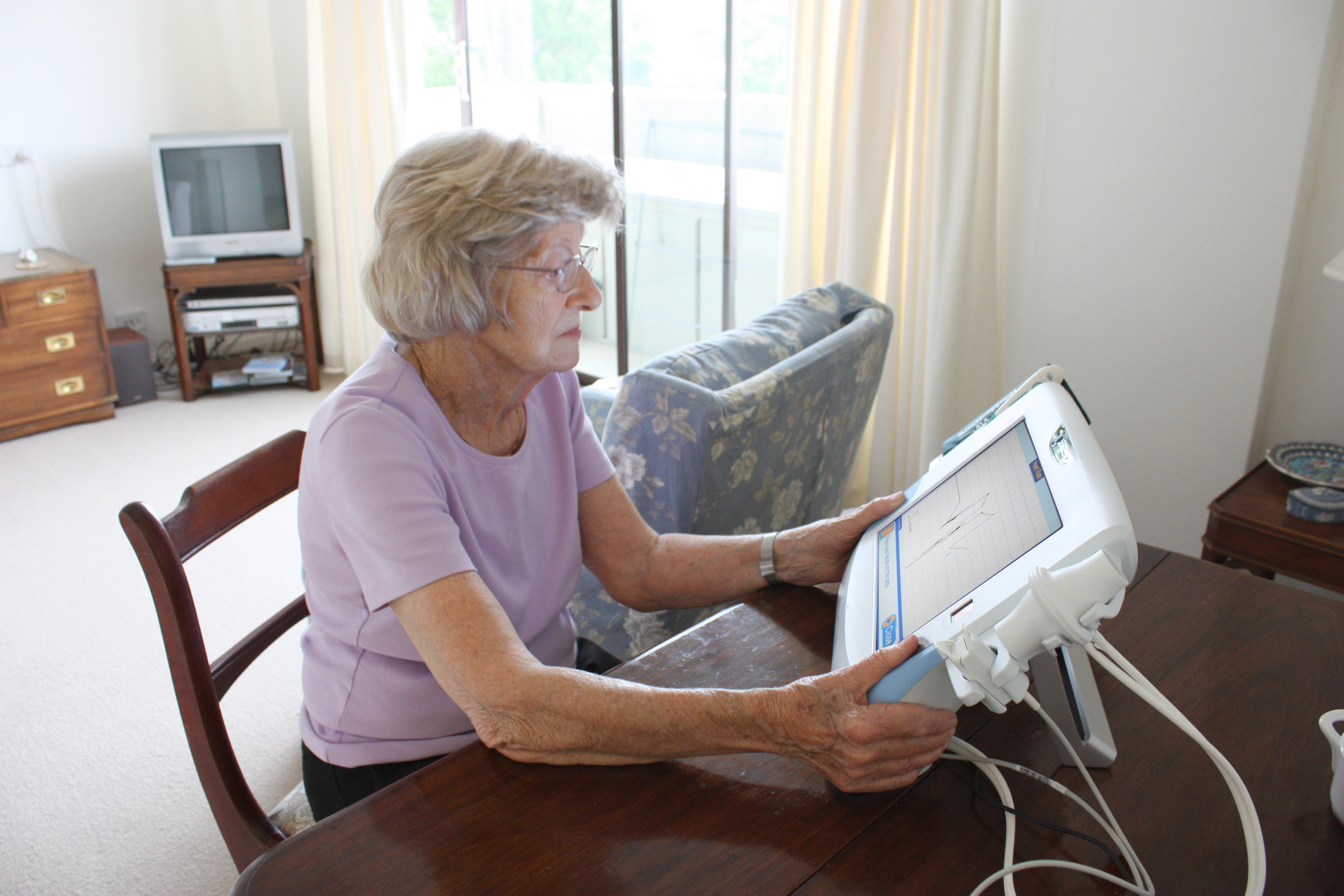By Ian Opperman, Director, Digital Productivity and Services National Research Flagship

Advancements in digital services like tele-health will improve quality of life for many Aussies in the future.
Australia has low unemployment, a high standard of living, fabulous beaches and great weather. We don’t have tight, large scale coupling between our creative types and our industry types. At least not in the ICT sector.
Many multinationals have their own creative centres, their own “dreamers”, and are typically very good at bringing the dreamers together with people and structures who implement their dreams (the “doers”), and finding the financial resources (the “dollars”) to make it all happen.
There are also some excellent examples of home-grown innovation getting this right, but only a few who have made it big – it is the exception rather than the rule.
We traditionally think of ourselves as a country of miners and farmers, of rugged individuals. Our folklore is jumbucks and billabongs rather than computer nerds to the rescue. Many still believe we live in a “dig it up and ship it” or a “shear it, shoot it, ship it” economy. In practice, we live in a services economy, much of which is digital. More than 70 per cent of our GDP is services based and this is growing.
Continuing improvements in communications networks and technology will profoundly impact many aspects of the economy through “tele” (tele-work, tele-health, tele-education). Innovation in digitally enabled services will dramatically change which services are delivered, improve quality of life, as well as drive productivity improvements.
The downside is that access to a globally connected world brings challenges in terms of the potential for a digital divide (digital “haves” and “have nots”), creation of unprecedented services competition (other countries selling to us), challenges for privacy and identity security, and increasing reliance on increasingly vulnerable systems. What we cannot do is sit back and let it just happen.
We have no shortage of ideas and clever people. Australia is considered a world leader in radio communications and in a number of high-impact science areas, but we also have an ageing population, many industry sectors with declining growth, a health sector that is now our biggest employer, and exposure to natural disasters including floods, droughts and bushfires. We can develop solutions to help ourselves, and services to export to the rest of the world. But the challenge always is achieving scale. The ICT finalists are inspiring examples of dreamers bringing their ideas forward. If you are a member of the doers, have dollars or can bring the data, strike up a conversation with our dreamers.
This article was first published in The Australian on 2 November 2013 as part of the Innovation Challenge. Read the original article.

